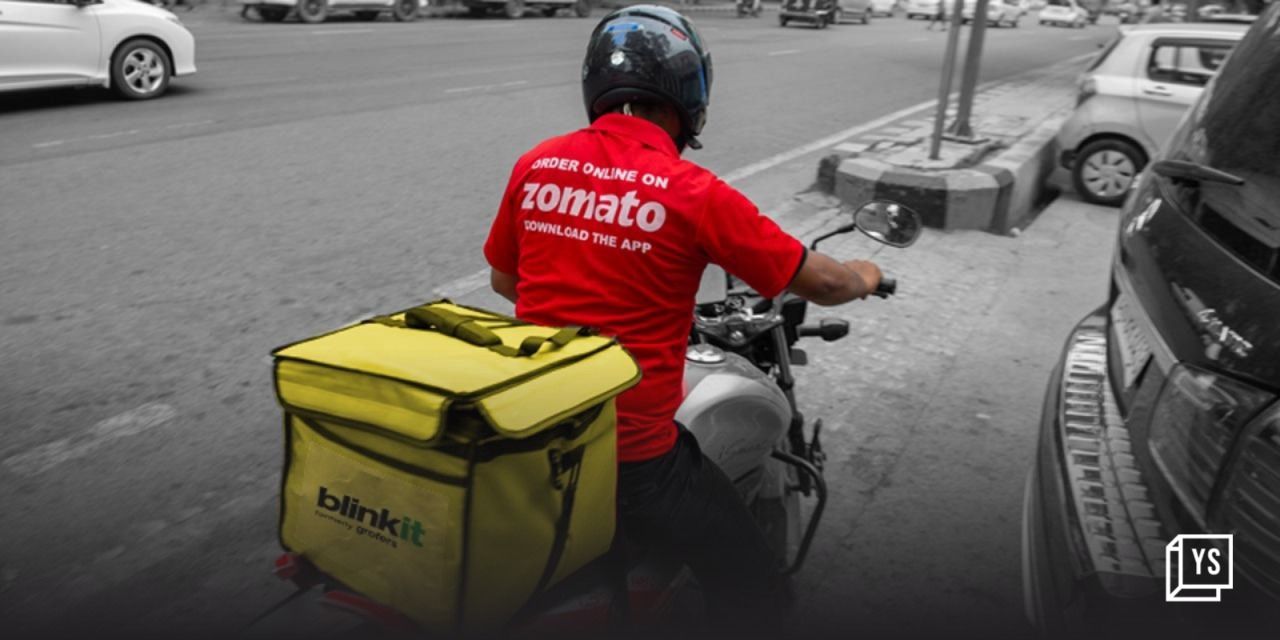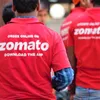Most Indian workers say no to gig drivers, delivery partners bargaining collectively: Survey
Notably, less than half of the respondents from India think that platform workers—like Ola and Uber drivers or food delivery partners for companies such as Swiggy and Zomato—should join a union.
Only 38% of Indian workers think that gig professionals such as cab drivers on and or delivery partners working for food delivery companies such as and should have the right to collectively bargain, revealed a survey by the International Transport Workers Federation.
As per the report titled 'What Young Workers Want From Transport', Indian workers' sentiments fall exactly in line with what the world thinks about gig economy workers having a collective bargaining say.
Notably, less than half of the respondents from India think that platform workers should join a union.
Interestingly, young workers expressed a stronger belief in the importance of transport unions, with 74% of them advocating for an active role in society, as opposed to 68% among both older workers and the general young population, the survey revealed.
In terms of the right to safe working conditions in the transport sector, 63% of young workers lend their support, which is just a little shy of 68% of their counterparts aged 36 and above who advocate for the right.

Representational image.
The report also revealed that young Indian workers (aged 18-35) were more supportive of providing employment rights to platform workers compared to the general young population, except for 'the right to collectively bargain'.
The global trade union federation, via British market research firm YouGov, asked 1,125 Indian workers their opinions on five labour rights for platform workers. The sample also included 239 workers aged between 18-35.
Gig workers strike
Last week, food aggregator platform Swiggy faced service disruptions in various areas of Mumbai as a result of a strike initiated by many of its delivery partners, who were protesting against alleged alteration in their incentive structure, decreased wages, and an expansion of the delivery radius. The strike also impacted deliveries for the company's quick commerce arm, Instamart.
Earlier this week, many drivers associated with online ride-hailing platforms such as Ola and Uber in Chennai went on a two-day strike, demanding fare regulation. As a result, taxi fares spiked up to 200% in some areas, as per reports.
Policy think-tank NITI Aayog estimated that in 2020-21, 77 lakh workers were engaged in the gig economy and about 13 lakh were in the transportation sector.
However, organising gig delivery workers in India remains a challenge. Since gig workers are seen as private contractors and not as employees, any unions formed by them may not be recognised as per the Industrial Disputes Act.
The Act's scope is limited to conflicts that arise between employers and their workers, among distinct employers, and between individual employees.
In 2021, the Indian Federation of App-based Transport Workers, along with Ola and Uber drivers, took to the Supreme Court, arguing that app-based companies classifying gig workers as 'partners' rather than 'employees' denied them the same social security benefits and protections that regular employees enjoyed.
Earlier this year. Rajasthan became the first Indian state to regulate and safeguard gig workers on online platforms, defining gig workers as those in non-traditional work relationships, including piece-rate labour. It established a welfare board to oversee gig workers, aggregators, and primary employer registration, as well as made provisions for social security and benefits funding. The Act also imposed penalties for violations and introduced a grievance mechanism for worker concerns.
In September, the Karnataka government introduced the 'Karnataka State Gig Workers Insurance Scheme,' offering a Rs 4 lakh insurance cover to gig workers, covering both life and accidental insurance, with expenses up to Rs 1 lakh for active workers involved in on-duty and off-duty accidents.
On October 25, cab drivers, autorickshaw operators affiliated with app-based aggregators and online food delivery agents Pune and Pimpri Chinchwad will stage a one-day strike, demanding regularisation. While the regional transport authority has declared autorickshaws working for aggregators as illegal, they continue to operate.
(The story was updated with details on the Industrial Disputes Act.)
Edited by Kanishk Singh













